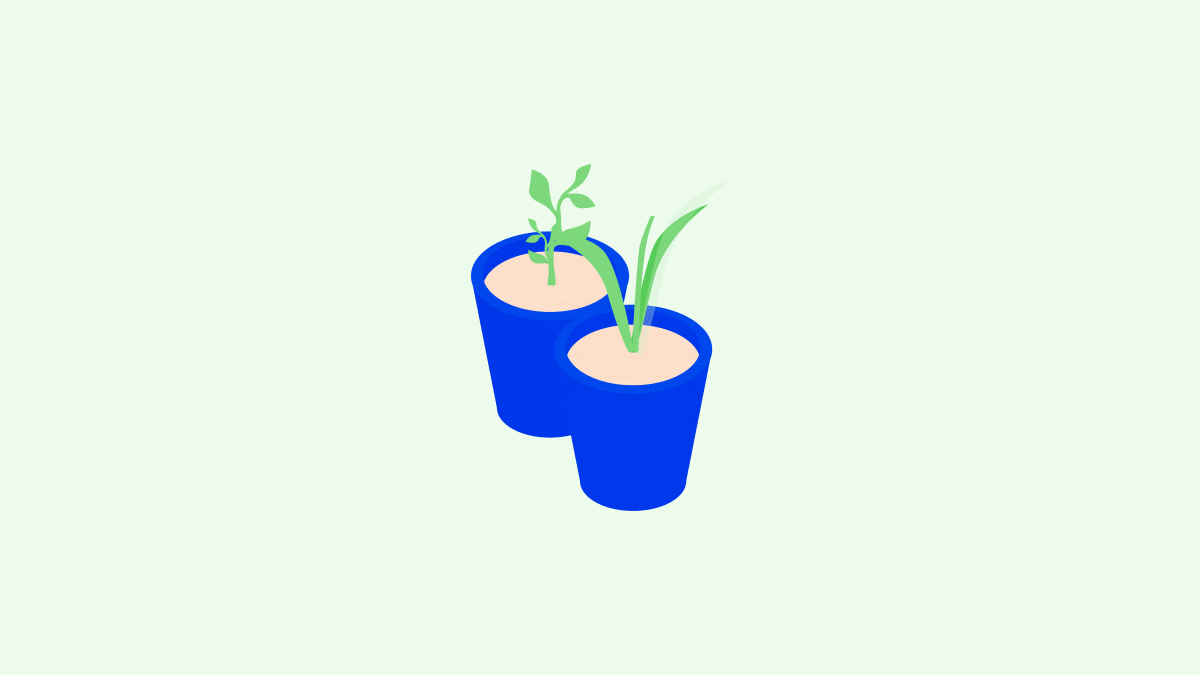
Whether you’re a seasoned investor or just starting out, understanding the basics of how to invest in commodities is crucial to making informed investment decisions. This article explores the types and different ways you can invest in commodities, including the pros and cons.
Types of Commodities
Energy
Oil, gas, gasoline, and heating oil are all examples of well-known forms of commodities in the energy sector.
Agricultural
These commodities primarily relate to agricultural products like crops. Common agrarian products include corn, wheat, cotton, cocoa, and coffee.
Livestock
Livestock is the other side of what many people usually consider agriculture. This commodity class relates to cattle, chickens, and other animals. There is less uncertainty than crops, but there are still some associated hazards like diseases, accidents, or sudden death.
Metals
Mined commodities are categorized as basic or precious metals. Base metals like zinc, steel, aluminium, lead, and nickel are used in manufacturing while precious metals like ruthenium, platinum, gold, and silver are for investments or decoration.
How to Invest in Commodities
1. ETF
Commodity ETFs are the easiest way to invest in commodities. ETFs, simplify trading because they can be bought like stocks, offer diversification, are not traded on leverage like futures, and normally have low expense ratios.
2. Futures
A commodities futures contract is an agreement to buy or sell a certain commodity at a later date. There are risks associated with futures contracts, although you can access them for a small part of their value. But they can also be a good way to invest in commodities if you have a strong understanding of the market.
3. Mutual funds
Mutual funds that invest in commodities can provide exposure to the commodities market by investing in a portfolio of stocks of companies involved in the production and distribution of commodities.

4. Physical commodities
You can buy physical commodities such as gold, silver, or crude oil and store them in a safe place. This can be a good option if you believe that the price of the commodity will increase in the future.
Pros and Cons of Investing in Commodities
Pros
- Less Volatility: Generally speaking, these assets are not associated with one another. So if a position was held in both gold and cattle and gold fell, the cattle market would not necessarily be impacted.
- Commodities Can be Physical Assets: Hard commodities like gold could be considered a store of value. This is particularly true when there is a level of demand. Price increases can be possible as demand grows.
- Inflation Protection: Commodity prices frequently follow inflation and may offer protection from the effects of rising prices.
- Transparency: Commodity deals today are carried out on electronic trading platforms that are open to all market participants. Supply and demand determine prices, which eliminates the possibility of manipulation.
Cons
- Commodity prices are unpredictable: Prices can change dramatically in a short amount of time due to how rapidly world events can affect them.
- They don’t produce a constant source of income. Compared to other types of investments, such as equities, bonds, and real estate, commodities do not generate income for investors unless sold and a profit is made from the sale.
- Asset concentration: Although diversification may be one of the reasons for including commodities in a portfolio, the commodity funds themselves are similar because they are concentrated in just one or two businesses. As a result, the share price of a commodity ETF can be significantly impacted by changes in the price of a commodity.
- Impact of macroeconomic factors: Global events, foreign government policies, international trade competition, and economic conditions can impact the value of your investment
Best Commodities to Trade for Beginners
- Gold
- Silver
- Crude Oil
- Coffee
- Corn
What is the easiest way to invest in commodities?
The easiest way to invest in commodities is through mutual funds or exchange-traded funds (ETFs) that track the price of a basket of commodities or a single commodity.
Is commodities a good investment?
Despite high inflation and rising interest rates, commodities have been one of the asset sectors that perform well.
How much money do I need to start trading commodities?
Commodity trading has no fixed minimum capital. It depends on the type of investment you choose and your risk tolerance.
For example, buying physical commodities such as gold or silver can require a significant amount of money, while buying ETFs or mutual funds may require a smaller investment.
Additionally, if you are trading futures contracts, you may need a substantial amount of capital and be prepared to assume a significant amount of risk. The minimum investment required to trade commodities can also vary from broker to broker.
? Understand that investing in commodities can be risky and the prices can be affected by factors such as supply and demand dynamics, geopolitical events, and economic conditions. Before investing in commodities, ensure you are aware of these volatility risks.
MORE ON COMMODITIES
ALSO READ
